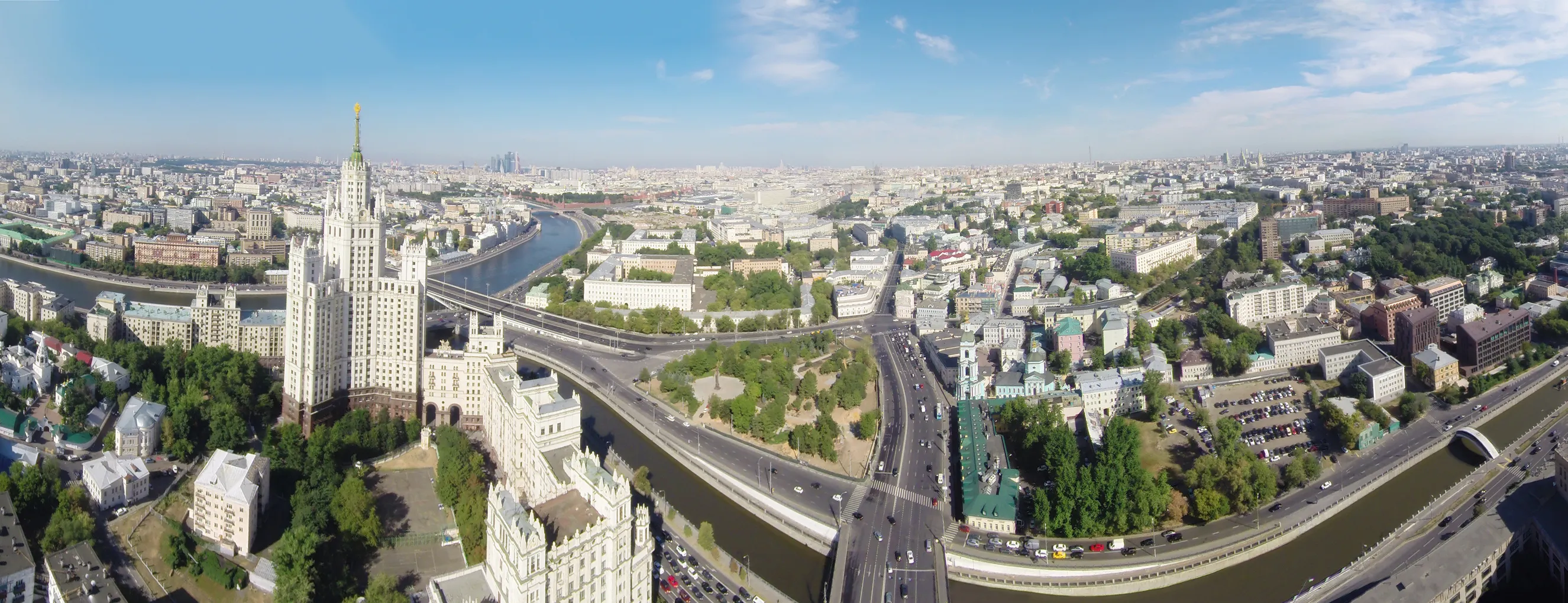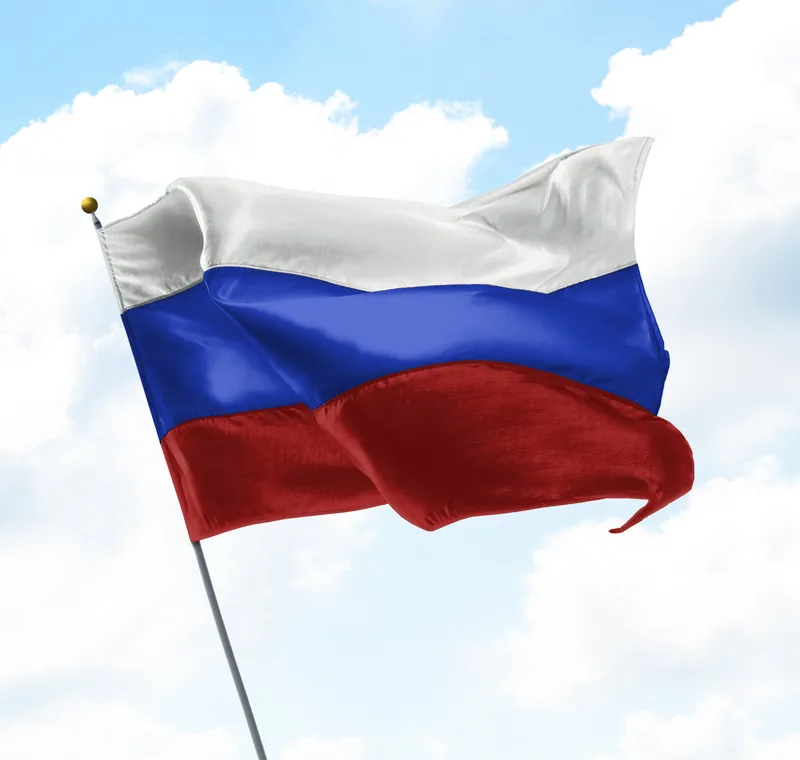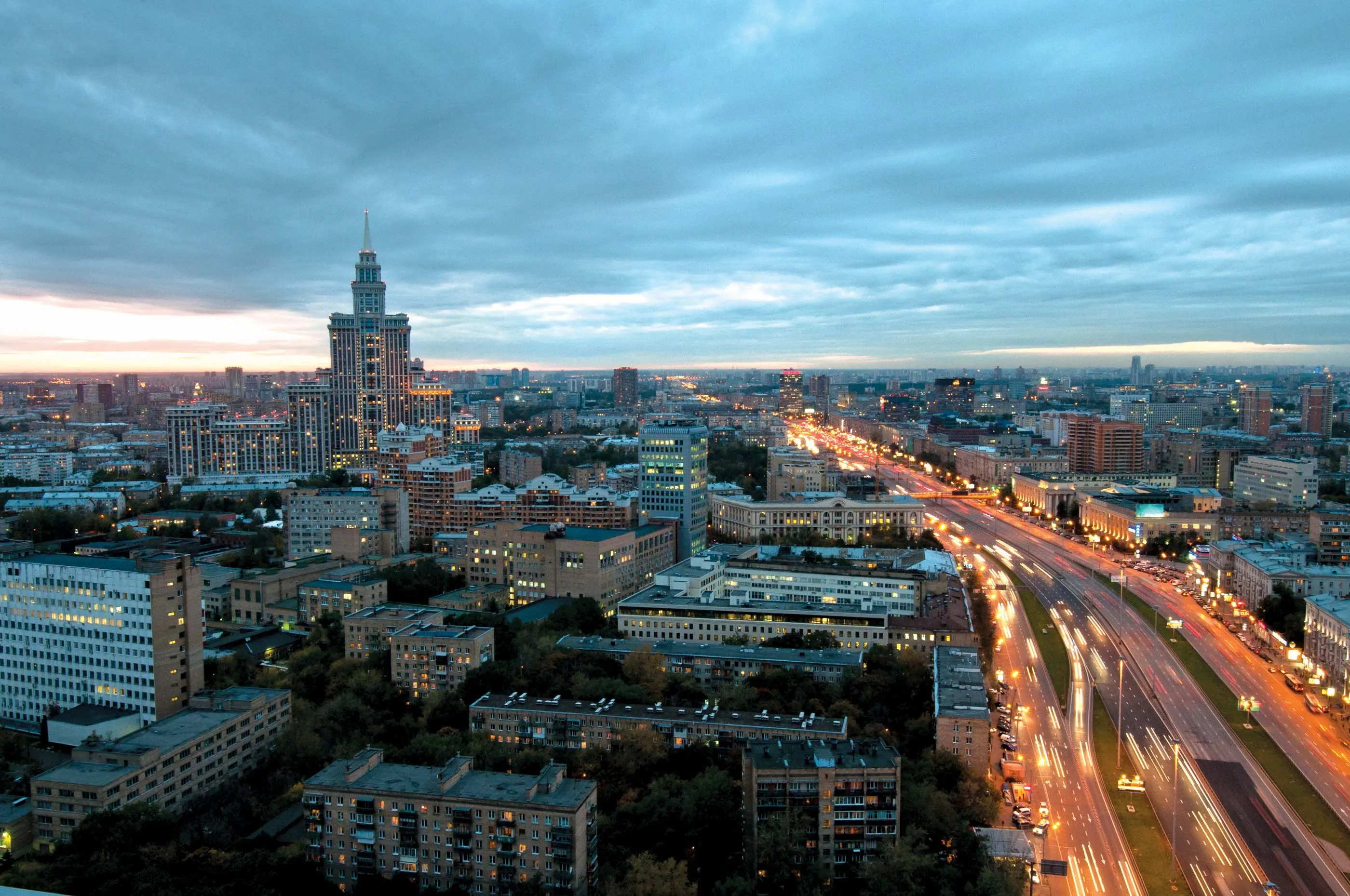Russia's state-owned company Avtodor has approved a massive new road development programme that stretches to 2019. The firm plans to build over 1,900km of roads, of which 1,200km will be tolled. Avtodor expects that its income will reach US$2.92 billion from the tolled roads. The investment programme will be jointly funded by state and private sources.
May 2, 2012
Read time: 1 min
Russia’s state-owned company 3974 Avtodor has approved a massive new road development programme that stretches to 2019. The firm plans to build over 1,900km of roads, of which 1,200km will be tolled. Avtodor expects that its income will reach US$2.92 billion from the tolled roads. The investment programme will be jointly funded by state and private sources.








